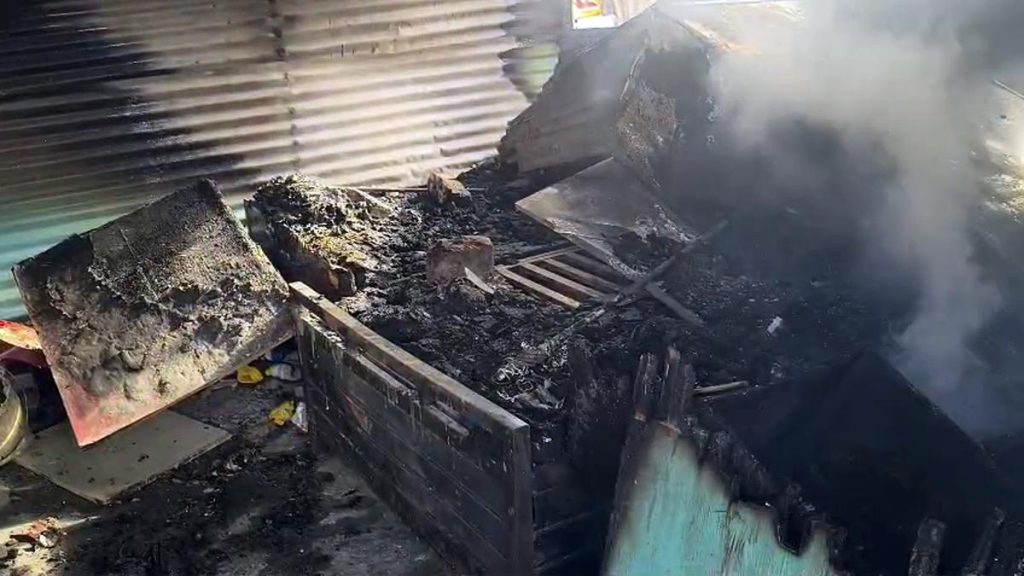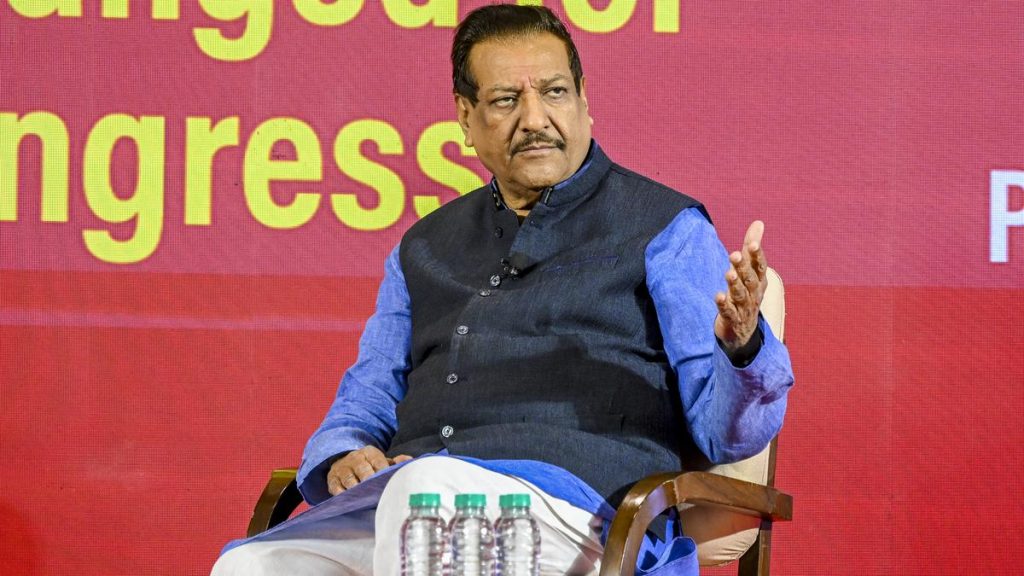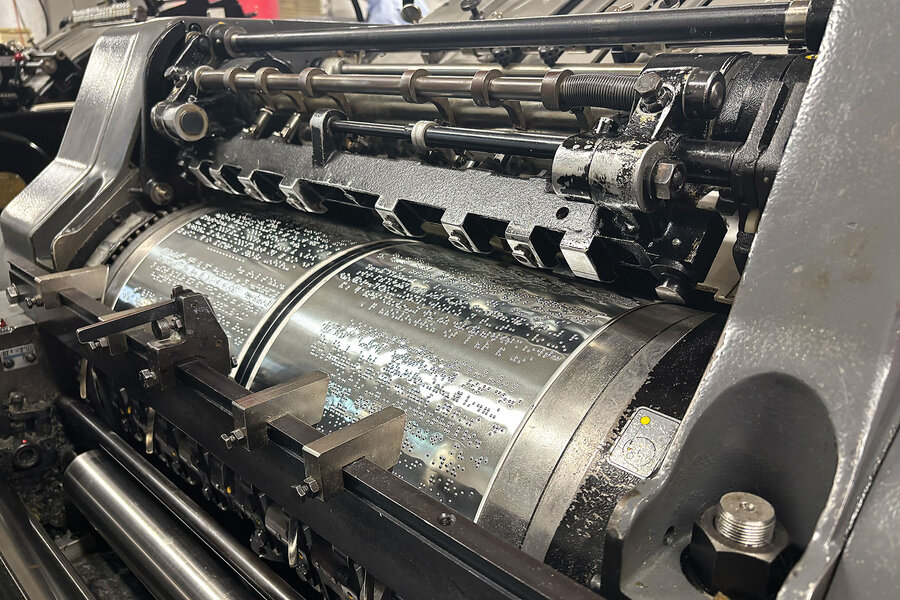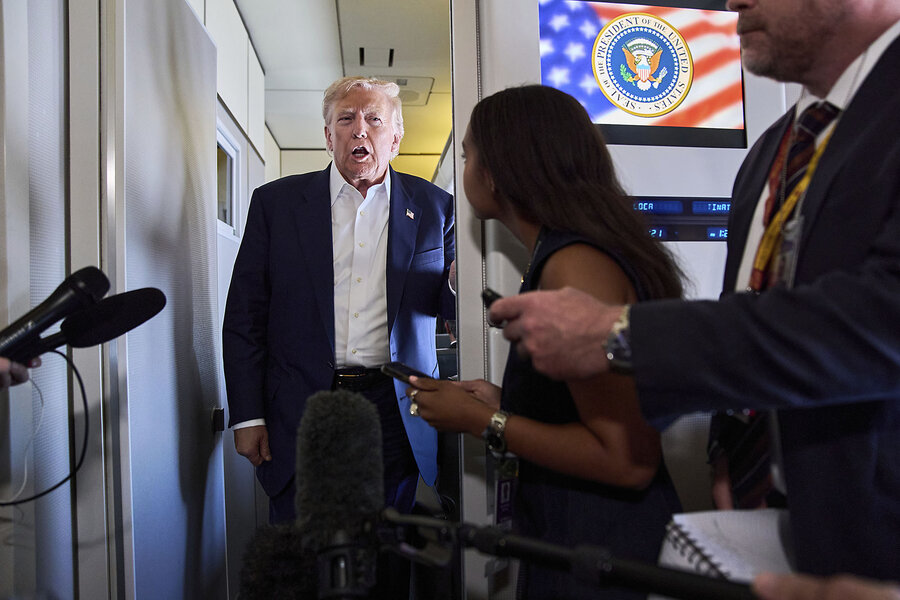Now Reading: Trump Appoints Former Attorneys to Key Judicial Roles
-
01
Trump Appoints Former Attorneys to Key Judicial Roles
Trump Appoints Former Attorneys to Key Judicial Roles
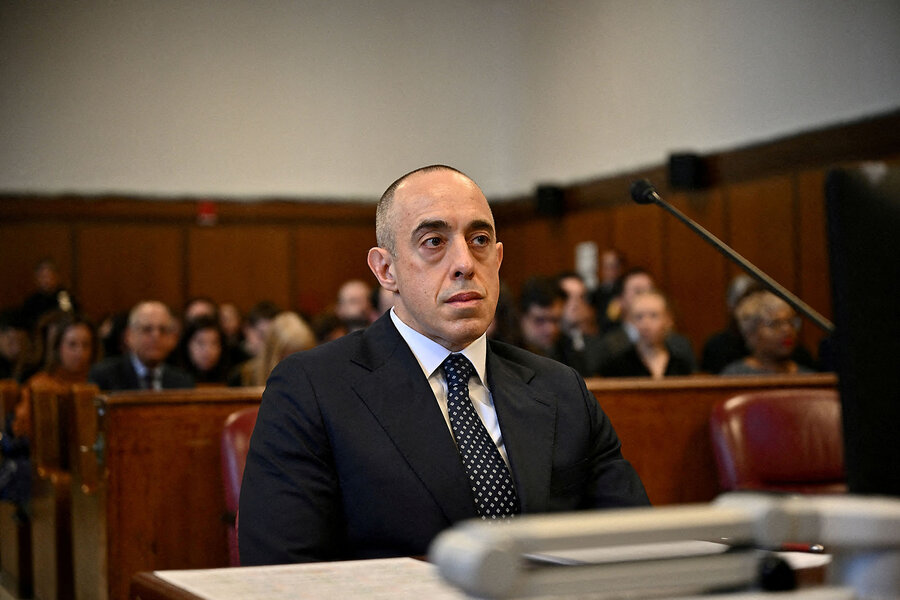
Quick Summary:
- Emil Bove, a former personal attorney of President Trump, has been confirmed by the U.S. Senate for a lifetime federal judgeship in the Third Circuit Court of Appeals.
- Whistleblowers accused Mr.Bove of suggesting prosecutors ignore court orders and misleading lawmakers regarding dropped corruption charges against New York mayor Eric Adams. These allegations were overruled during confirmation.
- Alina Habba, another former lawyer associated with Mr. Trump, was reinstalled as acting U.S. attorney for New Jersey using unconventional methods that circumvented congressional oversight.
- The DOJ used the Federal Vacancies Reform Act to extend interim appointments in states like California, Nevada, and New York without Senate confirmation procedures.
- Concerns have been raised about whether these high-profile judicial and prosecutorial appointments prioritize loyalty to President Trump over adherence to legal principles.
- Some lawmakers worry this trend could undermine judicial independence, while supporters praise these picks as constitutionalists with firm leadership qualities.
Indian Opinion Analysis:
The reshaping of the judiciary under President Trump introduces thought-provoking implications for governance worldwide, including India’s own system rooted in constitutional democracy and separation of powers. An self-reliant judiciary is crucial for democratic balance; thus, reports highlighting potential favoritism toward personal loyalties raise concerns about threats to impartiality-a principle also central to India’s judicial ethos.
For India-a country observing global institutional trends-the approach taken in appointing key legal officials without sufficient oversight may provide lessons on safeguarding clarity against executive pressures.As increased polarization shapes political landscapes globally-including within India’s own bureaucratic appointments-cases like this amplify debates around maintaining checks on power while enhancing institutional resilience.


